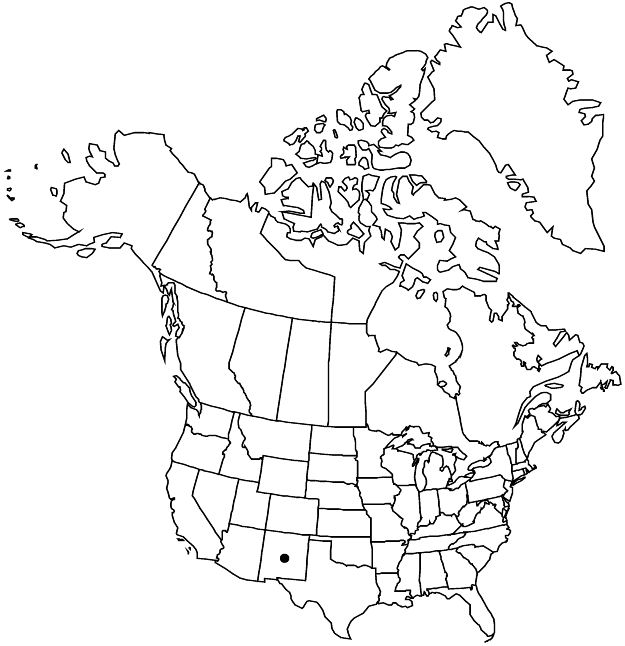Difference between revisions of "Sphaeralcea procera"
Bull. Torrey Bot. Club. 70: 531, figs. 1, 2. 1943.
FNA>Volume Importer |
FNA>Volume Importer |
||
| Line 52: | Line 52: | ||
|publication year=1943 | |publication year=1943 | ||
|special status=Endemic | |special status=Endemic | ||
| − | |source xml=https://jpend@bitbucket.org/aafc-mbb/fna-data-curation.git/src/ | + | |source xml=https://jpend@bitbucket.org/aafc-mbb/fna-data-curation.git/src/f6b125a955440c0872999024f038d74684f65921/coarse_grained_fna_xml/V6/V6_680.xml |
|subfamily=Malvaceae subfam. Malvoideae | |subfamily=Malvaceae subfam. Malvoideae | ||
|genus=Sphaeralcea | |genus=Sphaeralcea | ||
Revision as of 20:16, 24 September 2019
Plants perennial. Stems erect, white, 30 dm, densely soft stellate-pubescent. Leaf blades white or yellow, lanceolate or ovate to triangular or cordate, 3-lobed, central lobe larger than laterals, 1–5 cm, rugose, coriaceous, base cuneate, margins irregularly dentate, wavy, surfaces stellate-pubescent. Inflorescences paniculate, narrow, crowded, multiflowered, interrupted, tip leafy; involucellar bractlets green. Flowers: sepals 5 mm; petals rose-purple, 10–13 mm; anthers yellow. Schizocarps helmet-shaped; mericarps usually 10, usually 3 × 2 mm, chartaceous, moderately reticulate dehiscent part 60% of height, tip acute, indehiscent part not wider than dehiscent part. Seeds 1 per mericarp, gray to black, pubescent.
Phenology: Flowering fall.
Habitat: Sandy soil
Elevation: 1400 m
Discussion
Sphaeralcea procera is known only from the type collection, from Luna County. It is closely related to S. polychroma, which is usually common when it is found. It is surprising that S. procera is known only from a single collection. Botanists, including me, have looked for it around the type locality without success. It is retained here pending evidence that it is conspecific with S. polychroma or extinct.
Selected References
None.
